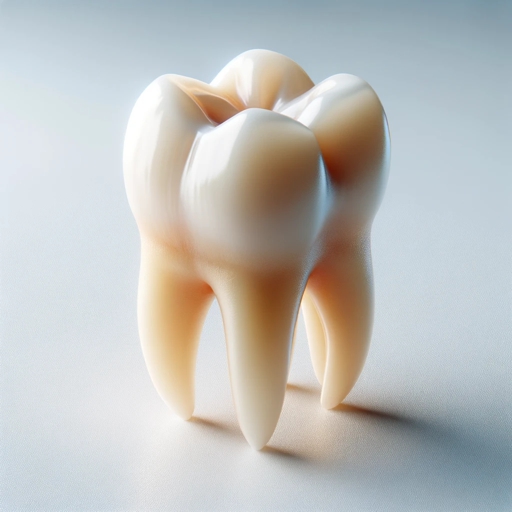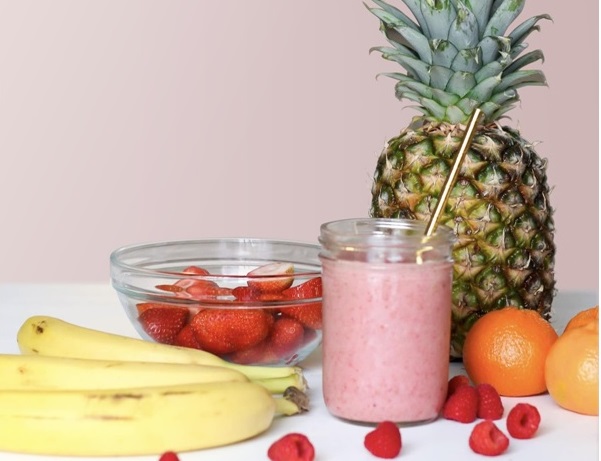Avoid eating anything before dental appointments is often necessary, leaving the patients feeling hungry. Today we will discuss what type of diet suits someone with a recent tooth extraction and how long they should wait before consuming food again to keep their oral health in good condition and ensure a speedy recovery.
Here are some kinds of food you should not eat after tooth extraction.
Certain meals can be uncomfortable to consume and cause pain post-tooth extraction, slowing the healing process. Let us look at foods that dentists recommend avoiding after tooth extraction.
1. Spicy Foods
Everyone (almost) loves spicy foods, but it irritates the mouth and can worsen inflammation.
2. Acidic Foods
Like spicy dishes, acidic foods can be harsh on oral tissues and lead to inflammation. It is necessary to stay away from acidic foods after tooth extraction.
3. Crunchy Foods
Avoid crunchy foods for the first seven days after tooth extraction. You are likely to have difficulty eating them while your teeth hurt, and there is always a risk of food fragments getting lodged in your empty socket. Stick to soft food until your dentist allows you to resume your regular diet.
4. Grains and Seeds
After tooth extraction, you should abstain from consuming small foods such as grains and seeds. These can become stuck in your empty socket or between the sockets, resulting in inflammation, infection, and pain.
5. Chewy Foods
Following tooth extraction, eating hard or chewy foods can be difficult and painful, as it strains the mouth, teeth, and jaw muscles, impeding recovery.
6. Alcoholic Beverages
It is best to avoid consuming alcohol for at least 24 hours following a tooth extraction. Drinking during this time can slow your healing and lead to dental alveolitis, an inflammation of the socket tissue. Alcohol has blood-thinning properties, which may prevent proper clotting and completion of the healing process. In addition, it is essential to remember that alcohol can react dangerously with any medications your dentist may prescribe, such as antibiotics and painkillers.
7. Drinks with a straw
Using a straw for at least seven days after tooth extraction is a bad idea, as the suction can dislodge the blood clot. To avoid complications, sip on cold beverages slowly, without a straw.
8. Smoking and Tobacco Products
Smoking interferes with the healing process by causing blood vessel constriction, depriving damaged tissue of vital nutrients necessary for a full recovery.

- What Is A Wisdom Tooth?
Wisdom Teeth are also called “third molars.” Many of us have four of these teeth in the back of our mouths, one in each corner. Most people don’t get these teeth until they reach adulthood, at least 17 years old. They grow at the back of the gums. They often come in or erupt at odd angles or only partially through the gums because there isn’t enough room in the back of your mouth. At that point, it’s important to get impacted wisdom teeth removed to avoid issues like infection, crowding and misalignment.
- Do I Need to Have My Wisdom Teeth Removed?
Tooth extraction is usually a last resort and is performed when a tooth is damaged beyond repair due to infection or fracture. Another reason for tooth removal is crowding. If a tooth has emerged at a dangerous angle and is too close to the adjacent teeth for proper dental care, it will need to be removed.
- Types of Tooth Extraction?
Tooth extraction involves removing a tooth from the oral cavity for numerous medical reasons. There are two types of extractions in dentistry: simple and surgical extractions.
Removing an entire, visible tooth without incisions on the gum or jawbone is a simple extraction. However, if the dentist needs to make any incisions on the gum or jawbone, it will be categorized as a surgical extraction.
Request a consultation
We love new patients! Our consultation applies for wisdom teeth removal, cosmetic dental work including: dental implants, botox for tmj. Call us now or book an appointment online to speak with one of our experienced dentists.













Trackbacks/Pingbacks